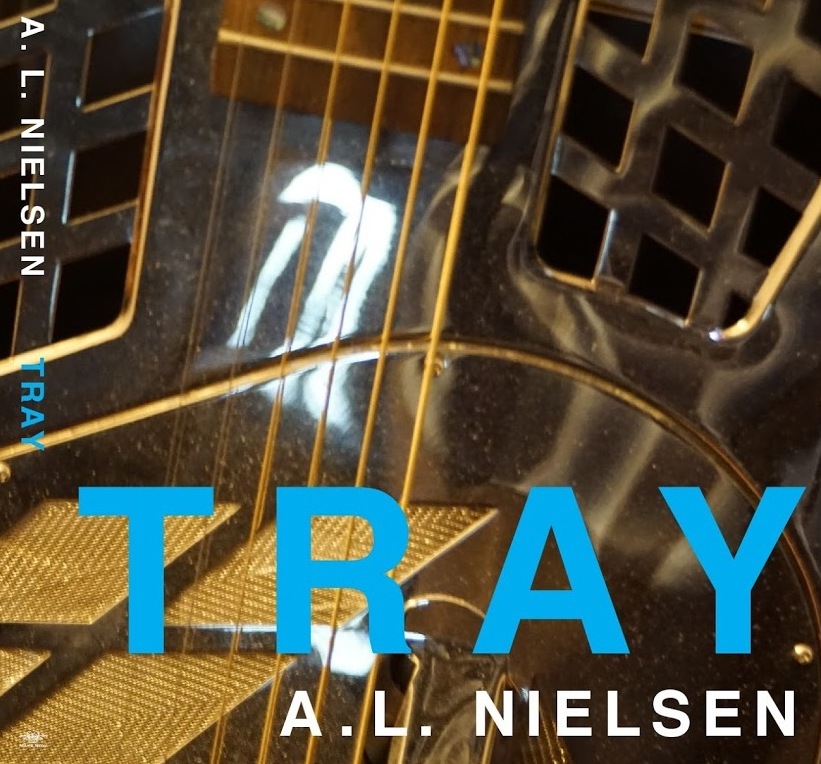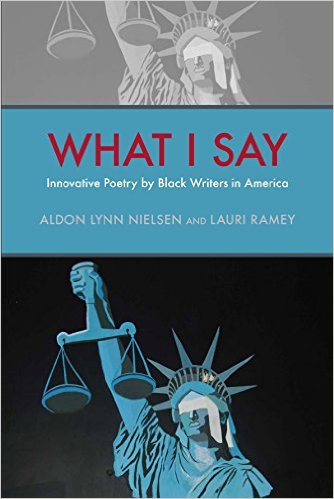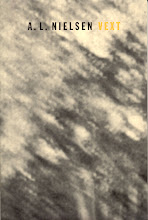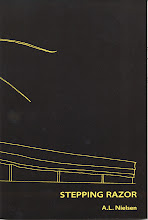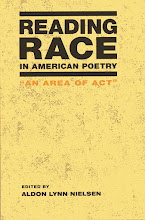This slide show covers the first day of the symposium sponsored in Saint Louis by the African American Literature and Culture Society. The symposium was held to observe the 40th anniversary of the AFRICAN AMERICAN REVIEW with a series of panels and events bringing into focus the current state of scholarship in African American literary studies. The AALCS President, Loretta Woodard, and the editor of AAR, Joycelyn Moody, worked closely with a large cast of organizers to make the symposium a success.On this first day, I spoke on a panel aimed at offering a sketch of contemporary directions in scholarship. Howard Rambsy got us started with a trend analysis of current Black American poetry, I followed with a discussion of controversies in literary theory, and Billy Joe Harris discussed the work of three younger critics. Chairing our panel was poet/critic Kathy Lou Schultz, who spoke on another panel later in the weekend. We also heard a keynote address from Jerry Ward and closed a day of intense panels and conversations with a reception featuring local jazz musicians.
Among the many people featured in this first slide show you will spot Joe Weixlmann, former editor of AAR and current Provost of Saint Louis University, host of the symposium. Also featured is a rare photo of Jerry Ward dancing slow -- If you've ever been to a party with Jerry, you've seen his fast moves. He's even quicker as a critic -- Wilfred Samuels, founding President of the AALCS, was on hand and in full critic/partier mode.
The theme of the symposium was "Traditions and Revisions: New Directions in African American Literature and Scholarship." As you'll see in these photos and the pictures I'll be posting in the coming days, the weekend brought together the old (me!) and the new. One of the best features of the event was the opportunity it afforded me to hear the work of young, newer scholars.








